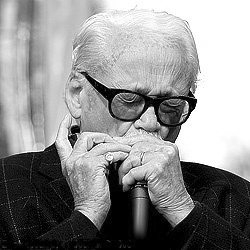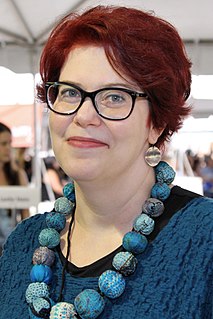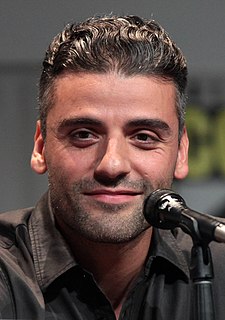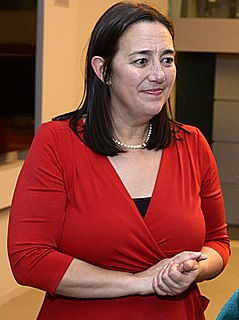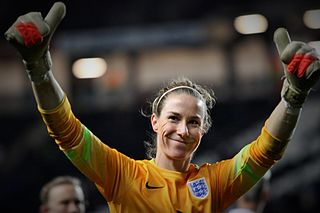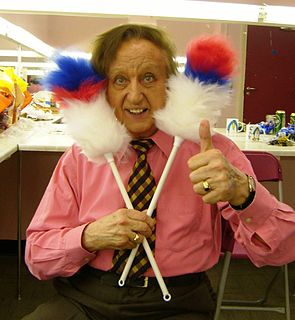A Quote by Toots Thielemans
My parents had a pub and each Sunday there was an accordionist. They have told me that when I was in my cradle, I already was imitating the gestures of the musician.
Related Quotes
The worst was relizing that I’d lost him for nothing because he’d been rght about all of it-- vampires, my parents, everything. He’d told me my parents lied. I yelled at him for it. He forgave me. He told me vampires were killers. I told him they weren’t, even after one stalked Raquel. He told me Charity was dangerous. I didn’t listen, and she killed Courtney. He told me vampires were treacherous, and did I get the message? Not until my illusions had been destroyed by my parents’ confession.
I have a musician friend who, after reading Mountains, told me, "When I read the book, I wanted to quit music altogether and become a doctor." I told him, "Do you really think you can be a better doctor than you are a musician? Nobody needs you as a lousy doctor. Just be the one-of-a-kind, brilliant musician you are, and divert your success somehow to benefit the poor." You can achieve so much more this way.
I had to run away from home in order to be a musician. Because I came from a family of... my father was a health inspector; my mother was a social worker. And I was pretty smart in school. So they expected me to be some kind of academic - schoolteacher, or doctor, lawyer - and they were very disappointed when I told them I wanted to be a musician.
My parents were wonderful Christians. They were religious, but they were not fanatical in any way. I was the one who took it to the extreme. I was told in Sunday school that you had to accept Jesus into your heart if you didn't want to go to hell. So of course I did that a thousand times. But the catch was you had to mean it with all of your heart.
The stories my pupils told me were astonishing. One told how he had witnessed his cousin being shot in the back five times; another how his parents had died of AIDS. Another said that he'd probably been to more funerals than parties in his young life. For me - someone who had had an idyllic, happy childhood - this was staggering.
My benefactor told me that my father and mother had lived and died just to have me, and that their own parents had done the same for them. He said that warriors were different in that they shift their assemblage points enough to realize the tremendous price that has been paid for their lives. This shift gives them the respect and awe that their parents never felt for life in general, or for being alive in particular.
Roosevelt could always keep ahead with his work, but I cannot do it, and I know it is a grievous fault, but it is too late to remedy it. The country must take me as it found me. Wasn't it your mother who had a servant girl who said it was no use for her to try to hurry, that she was a "Sunday chil" and no "Sunday chil" could hurry? I don't think I am a Sunday child, but I ought to have been; then I would have had an excuse for always being late.
